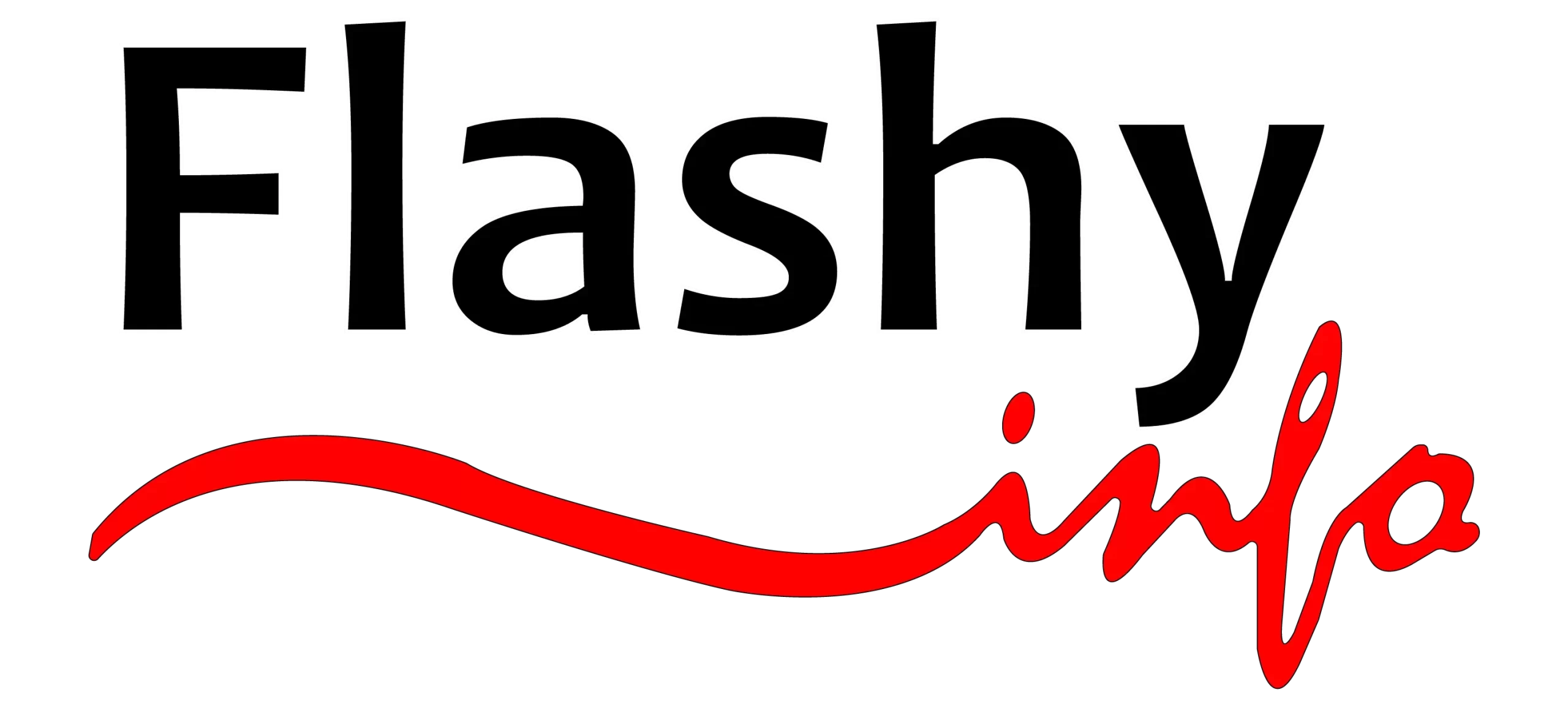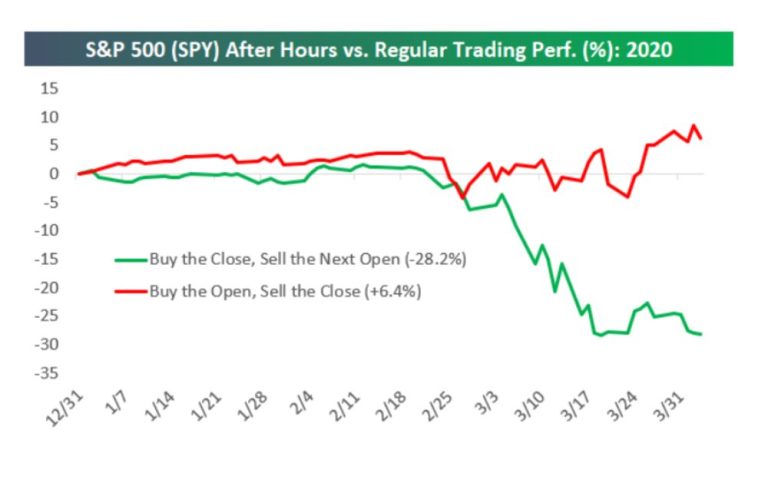Is Debt Consolidation a Good Idea? Let’s Look at the Facts
If you’re struggling to keep up with your monthly payments, you may be considering debt consolidation. This is a process where you combine all of your debts into one, new loan. This can be a great way to simplify your payments and get them under control. However, it’s important to understand all of the facts before you decide if debt consolidation is right for you. In this blog post, we will discuss the pros and cons of debt consolidation so that you can make an informed decision!
How Does It Work?
Debt consolidation works by taking out one new loan to pay off all of your existing debts. This means that you will only have to make one monthly payment instead of multiple payments. It can be a great way to simplify your finances and get your debt under control. Also, according to Powell Associates, most banks will not even try to submit a loan application which may leave you believing your only option is to go to one of the high-interest, predatory-lending, type institutions or even worse, payday lenders. This is why it is important to understand all of your options before making a decision.
Types of Loans for Debt Consolidation
Loans for debt consolidation typically fall into one of two categories: secured or unsecured. A secured loan is one that is supported by the property, like your house or vehicle. This implies that the lender may use your collateral as compensation for their losses if you are in default on the loan. Unsecured loans are those that are only based on your creditworthiness and are not secured by any assets.
The Pros of Debt Consolidation

There are several advantages of debt consolidation, including:
-Lower interest rates: If you qualify for a consolidation loan with a lower interest rate than your existing debts, you could save money on interest costs.
-Simplified finances: As we mentioned before, consolidating your debts into one loan can make it much easier to keep track of your payments and stay organized.
-Potential for improved credit scores: If you consolidate your debts and make all of your payments on time, it could improve your credit scores.
The Cons of Debt Consolidation
There are also some potential disadvantages to debt consolidation, including:
-You could end up paying more in the long run: If you consolidate your debts into a longer loan, you may end up paying more in interest over the life of the loan.
-You could damage your credit scores: If you consolidate your debts and then miss payments, it could have a negative impact on your credit scores.
-You could put your assets at risk: If you use collateral to secure a consolidation loan and then default on the loan, you could lose your collateral.
-It will not keep you out of debt: Debt consolidation will not magically make your debt disappear. You will still need to repay the full amount of the loan, plus interest and fees.
As you can see, there are both pros and cons of debt consolidation. It’s important to carefully consider all of the factors before deciding if it’s right for you. If you’re not sure, it’s always a good idea to speak with a financial advisor to get their professional opinion. They can help you understand all of your options and make the best decision for your unique financial situation.







